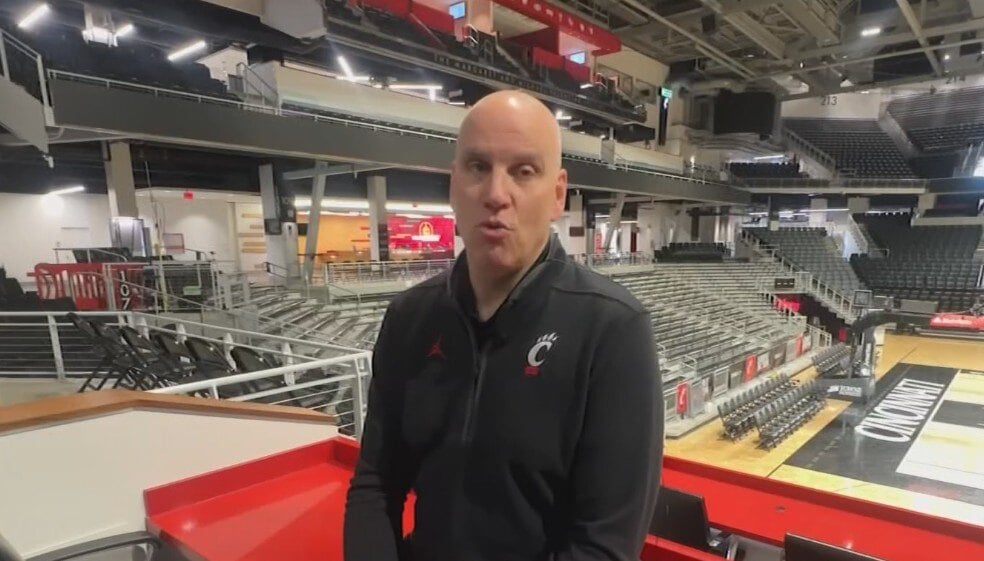Study Examines Link Between Mental Health and Rehab Adherence in Injured Athletes

A new study investigating collegiate athletes’ mental health after injury reveals a complex relationship between emotional well-being and rehabilitation adherence.
 While the research didn’t uncover a statistically significant link between post-injury depression and self-reported rehab participation, Athletic Trainers should take note: mental health still plays a crucial role in the recovery process.
While the research didn’t uncover a statistically significant link between post-injury depression and self-reported rehab participation, Athletic Trainers should take note: mental health still plays a crucial role in the recovery process.
Using the Hospital Anxiety and Depression Scale (HADS) and the Rehabilitation Adherence Questionnaire (RAQ), 19 NCAA athletes recovering from musculoskeletal injuries were evaluated during and after their recovery process.
Interestingly, while depression and anxiety symptoms were present both immediately post-injury (HADS = 11.58) and at return-to-play (HADS = 9.63), these emotional struggles didn’t correlate directly with perceived rehab adherence.
But that doesn’t mean the connection isn’t real.
“Although our study didn’t find a significant correlation between depressive symptoms and rehab adherence, the consistent presence of anxiety and depression should raise concern for any healthcare professional working with this population,” the authors noted.
The findings echo previous research: collegiate athletes often face immense psychological strain, with mental health issues underreported due to stigma, strong athletic identities, and fear of seeming weak. Factors like fear of reinjury, poor sleep, and stress from academics and finances can all intensify post-injury emotional distress—yet athletes are still expected to perform rigorous rehab.
“This study reinforces the need for a holistic approach,” the authors added. “Athletic Trainers must screen for mental health concerns not just at baseline, but throughout the rehab process.”
Ultimately, the study encourages Athletic Trainers to be proactive. Recognizing symptoms, facilitating safe reporting environments, and integrating psychosocial interventions into recovery plans could improve both mental health and physical outcomes for athletes.
“Healing isn’t just physical,” one researcher emphasized. “It’s psychological too."
Read the full study here!
![HR Logo [Recovered]_Full Color Vertical-1](https://blog.healthyroster.com/hs-fs/hubfs/HR%20Logo%20%5BRecovered%5D_Full%20Color%20Vertical-1.png?width=199&height=178&name=HR%20Logo%20%5BRecovered%5D_Full%20Color%20Vertical-1.png)
 By
By


